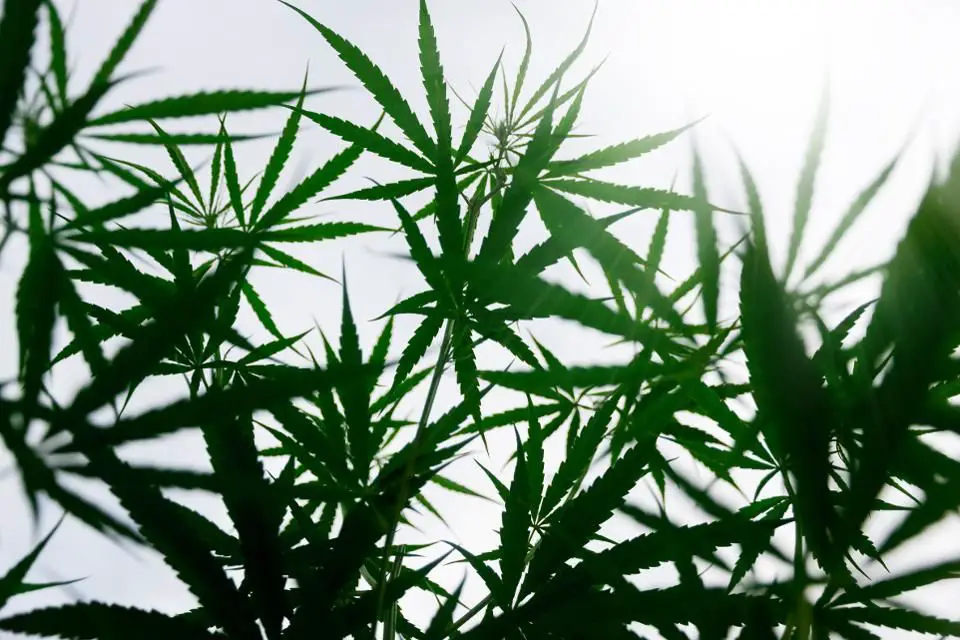It has been said that 2018 will go down in history as one of the biggest years in the grand scheme of cannabis reform. Not only did Canada legalize the leaf nationwide for recreational use, but also the U.S. Food and Drug Administration (FDA), one of the gatekeepers to “safe and effective” medicine in the United States, admitted that parts of the cannabis plant, something that the U.S. government has considered a gateway to addiction and social downtrodden for the past several decades, has a place in the treatment of patients suffering from severe forms of epilepsy.
The federal agency recently gave Britain’s GW Pharmaceuticals’ cannabis-based drug Epidiolex, which is comprised of pure cannabidiol (CBD), the green light for distribution in pharmacies all across the nation. This is the first time ever that anything derived from the cannabis plant has been considered fit to mingle with the likes of the American healthcare industry. This, of course, is big. But there is one unsung detail that even is bigger. It seems that tucked inside this major development is a minute reform that no one seems to be talking about – the fact that CBD must now be rescheduled by the U.S. Drug Enforcement Administration (DEA).
It was just a few weeks ago that the FDA gave GW Pharmaceuticals permission to start slinging Epidiolex to epilepsy patients here in the states. The solution, which has been shown effective in reducing seizures in children with Lennox-Gastaut syndrome and Dravet syndrome, will soon be available with a prescription through all major pharmacy chains from Walgreens to CVS. This is significant considering that the federal government still considers any derivative of the cannabis plant a Schedule I dangerous drug – a substance that resides in the same dark closet with heroin. This despite the fact that cannabidiol (CBD) is a non-intoxicating part of marijuana. Even when consumed in large doses, it is impossible to get high from it.
But now that the FDA considers Epidiolex a “safe and effective” treatment option for certain forms of epilepsy, CBD must be downgraded to a Schedule II or III on the DEA’s Controlled Substances Act.
Barbara Carreno, a public affairs representative for the DEA, recently told Business Insider that the agency has 90 days to put CBD into a lower classification. The change is already in progress. Unlike with past petitions aimed at getting cannabis downgraded to a less restrictive classification, the DEA’s pending action with respect to the CBD deal is a prerequisite to the launch of Epidiolex.
“We don’t have a choice on that,” she said. “It absolutely has to become Schedule 2 or 3.”
A reschedule of the CBD compound is necessary to uphold the Controlled Substance Act. Because CBD’s current listing as a Schedule I drug suggests that it has “no known medicinal value,” the FDA cannot allow Epidiolex to go to market without making a change. It is the same reason that opioid medications,






